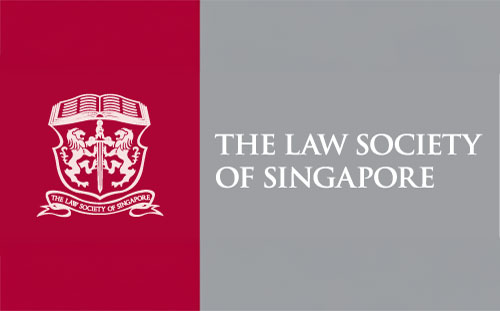Dividing Matrimonial Assets in Singapore Divorce: Homes, CPF & Inherited Property Explained
Introduction
Dividing property and finances is often the most difficult part of a divorce in Singapore. Many clients ask: “What happens to my HDB flat? What about CPF savings or assets I bought before marriage?”
Under the Women’s Charter, not every asset automatically becomes a matrimonial asset, but the law has clear rules on what is included, how it is valued, and how the Court divides it. This guide explains the key principles, with reference to recent cases and current rules.
What Are Matrimonial Assets?
Section 112(10) of the Women’s Charter defines matrimonial assets as:
1. Assets acquired during the marriage by one or both parties.
2. Assets acquired before marriage, if:
- They were ordinarily used or enjoyed by the couple or their children for housing, transport, household, education, or family purposes; or
- They were substantially improved during the marriage by either or both parties.
3. Assets acquired by gift or inheritance are excluded — unless they were substantially improved during the marriage or used as the family’s matrimonial home.
Homes & Properties Bought Before Marriage
Properties purchased before marriage can still count as matrimonial assets if they were used as the family’s home.
Example: In TND v TNC [2017] SGCA 34, the Court of Appeal held that a condo acquired before marriage but lived in by the couple for 15 months was still a matrimonial asset. Although the short occupation period meant the husband (who had contributed more financially) was awarded a greater share, the property remained part of the asset pool.
Key takeaway: once a property has been used as a matrimonial home, it usually remains part of the matrimonial assets, even if the couple later moved out.
CPF Monies and Divorce
In divorce, CPF savings built up during the marriage are part of the matrimonial asset pool and can be divided by the Court (usually through CPF transfers, subject to CPF rules). This includes:
- Ordinary and Special Account balances.
- CPF used to finance property purchases.
On divorce, the Court can order:
- CPF refunds to each spouse (including accrued interest).
- Transfers between CPF accounts under Section 112 orders.
Inherited Property and Gifts
Inheritance or gifts received by one party are not matrimonial assets unless:
- They were used as the family’s home; or
- They were substantially improved during the marriage using family funds or joint effort.
Valuation of Matrimonial Assets
The Court of Appeal in TND v TNC reaffirmed that matrimonial assets are generally valued at the ancillary matters hearing date (the stage after Interim Judgment).
This approach ensures all assets in existence when the Court decides division are included. Earlier dates (e.g. separation or filing date) are rarely used unless there are exceptional reasons.
How Courts Divide Matrimonial Assets
Division is done on a “just and equitable” basis under Section 112 of the Women’s Charter. The Court considers:
- Direct financial contributions (CPF, income, payments for property).
- Indirect contributions (homemaking, childcare, supporting spouse’s career).
- Duration of the marriage.
- Needs of children.
- Any agreements between the parties.
The Court has wide discretion. In short marriages, direct financial contributions carry greater weight. In longer marriages, homemaking and non-financial contributions are often given equal importance.
Practical Insights for Couples
Homes: Once used as a matrimonial home, even pre-marriage property can be divided.
CPF: Treated as part of the pool if built up during marriage, but separate from CPF nominations.
Inherited Assets: Usually excluded unless improved or used as a home.
Timing: Assets are valued at the ancillary matters hearing, not at separation.
Mediation: Couples can save costs and reach faster settlements by resolving disputes through mediation.
Conclusion
Dividing matrimonial assets in Singapore divorce cases is rarely simple. Properties acquired before marriage, CPF monies, and inherited assets all raise unique legal issues. The Court’s guiding principle is fairness, but the actual division depends heavily on the facts of each case.
At PKWA Law, our family lawyers have over 30 years of experience helping clients navigate complex asset division disputes. We provide clear, realistic advice on what counts as a matrimonial asset, how it will be valued, and what outcomes you can expect.
Contact us today to arrange a consultation and get clarity on your rights and entitlements before making the next step.


